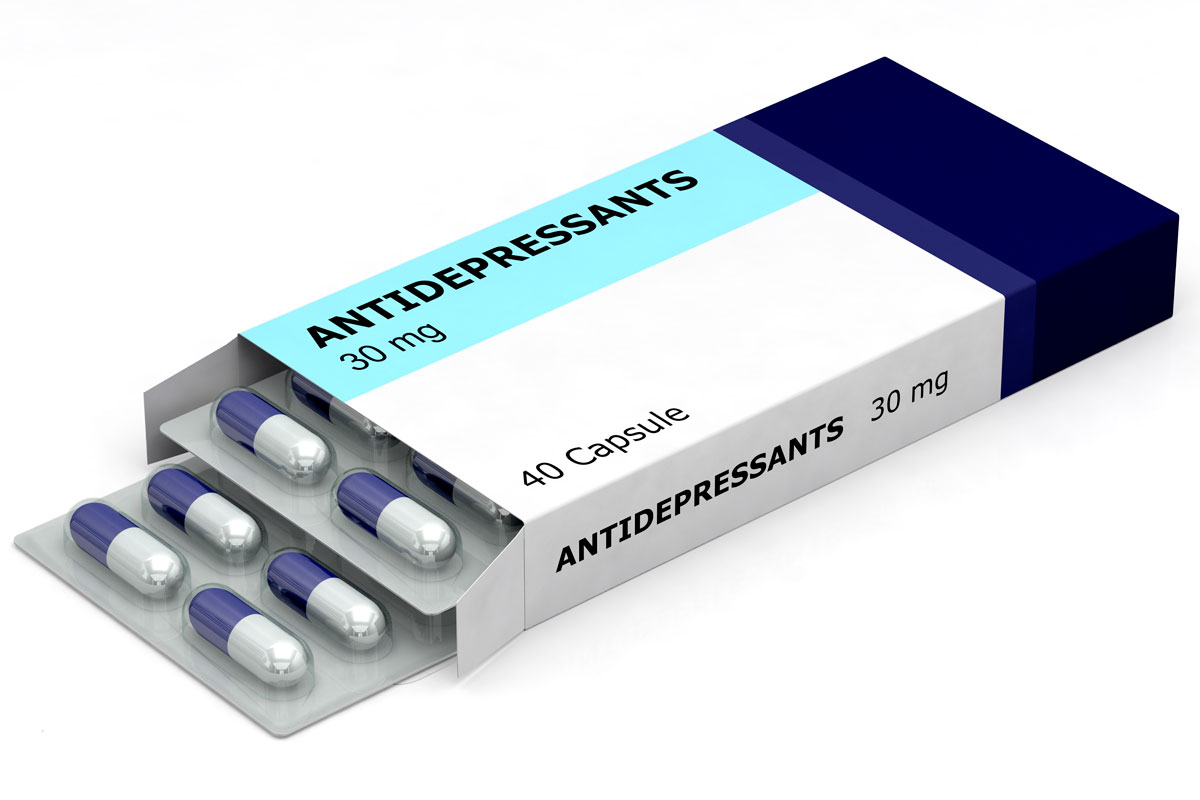A hospital will normally have a policy that identifies all adverse effects that are to be documented in a medical record and those that must be reported to the hospital’s authorities within a specified time frame. An adverse event is defined as “an unanticipated, undesirable, or potentially dangerous adverse effect occurrence” in a hospital (JCI ASH p.246).
Patients are reassessed to determine their response to treatment on medications since they may suffer adverse effects like allergic responses, unanticipated drug/drug interactions, or a change in their equilibrium raising their risk of falls. Therefore, patients are constantly monitored for medication effects including adverse effects through the collaborative efforts between patients themselves, their doctors, nurses, and other health care practitioners (i) to evaluate the medication’s effect on the patient’s symptoms or illness, as well as blood count, renal function, liver function, and other monitoring with select medications, (ii) to observe the patient for adverse effects, and (iii) to record in the patient’s medical record any adverse effect(s).
This monitoring process is normally a proactive approach to risk management of a hospital with a formalised program of risk management to investigate and to reduce identified, unanticipated adverse events and other safety risks to patients and staff.
The accreditation process is well known as an effective quality evaluation and management tool designed to create a culture of safety and quality within a hospital. One of the benefits of accreditation is it strives to continually improve patient care processes and results.
If your hospital is already Joint Commission International (JCI) accredited or seeking JCI accreditation status or undergoing re-survey for JCI accreditation status, then the basics of data gathering and preparation includes selection of measures, data collection and aggregation, data analysis and interpretation, dissemination/transmission of findings, taking action, monitoring performance/improvement are all integral to improving safety and quality of care at your hospital. Medication management data collection issues are either addressed during the System Tracer (Data Use) as a shorter survey or during the full System Tracer – Medication Management survey.
I like to draw your attention when individuals like you as a Health Information Management (HIM) / Medical Records (MR) practitioner may be roped in as part of the hospital’s group of participants during the System Tracer (Data Use) survey since you could be considered as “Individuals who are knowledgeable about the information systems available for data collection, analysis, and reporting” (JCI HSPG p.74) or excluded if a shorter survey just for medication management data collection issues are to addressed.
Do take note too that if you are at a hospital which is already JCI accredited or seeking JCI accreditation status or undergoing re-survey for JCI accreditation status, the Medical Record Review Tool (MMRT).will now check for compliance of the JCI Standard MMU.7 which states that “Medication effects on patients are monitored.”, which this post is all about.
Readers, this post on the JCI Standard MMU.7 and all the rest of the standards I have posted using the JCI Hospital Accreditation Standards 4th Edition, concludes all of the necessary and mandatory documentation standards that must be included in a complete medical record. For hospitals not yet on the JCI journey, I think applying all the standards that are mandatory documentation standards using the JCI Hospital Accreditation Standards 4th Edition augurs for high quality medical records documentation standards at any hospital.
References:
- Joint Commission International, 2010, Joint Commission International Accreditation Standards For Hospitals (ASH), 4th edn, JCI, USA
- Joint Commission International, 2010, Hospital Survey Process Guide (HSPG), 4th edn, JCI, USA





























